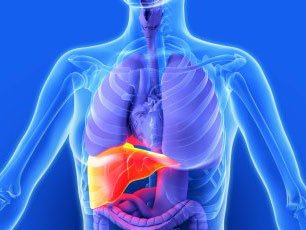Nelson Vergel
Founder, ExcelMale.com

Animal data shows that testosterone administration increases the volume of some parenchymal organs. However, the effects of exogenous testosterone on solid abdominal organs in humans remain unknown. The present study evaluated the effects of testosterone administration on the volume of liver, spleen and kidneys in a dose-response trial. Young healthy men aged 18–50 years participating in the 5α-Reductase (5aR) Trial. All participants received monthly injections of 7.5 mg leuprolide acetate to suppress endogenous testosterone secretion and weekly injections of 50, 125, 300 or 600 mg of testosterone enanthate, and were randomized to receive either 2.5 mg dutasteride (5 α-reductase inhibitor) or placebo daily for 20 weeks. Liver, spleen and kidney volumes were measured at baseline and the end of treatment using 1.5-Tesla magnetic resonance imaging. The dose-effect of testosterone on changes in the volume of parenchymal organs was evaluated by linear regression model. The association between changes in total testosterone (TT) levels and changes in organ volumes were assessed. Testosterone administration increased liver volume dose-dependently (17.4 cm3 per 100 mg of weekly testosterone enanthate; p = 0.031); the increase in liver volume was positively associated with changes in TT levels (R2 = 0.08, p = 0.024). A dose-dependent, but non-significant, increase in kidney volumes was also seen. Inclusion of dutasteride use into the models showed an independent association of randomization to dutasteride group with liver volume increase. In conclusion, Testosterone administration increased the liver volume in a dose-dependent manner. The potential changes in parenchymal organs should be considered when interpreting apparent changes in lean mass in response to anabolic interventions.
Study
Last edited:















